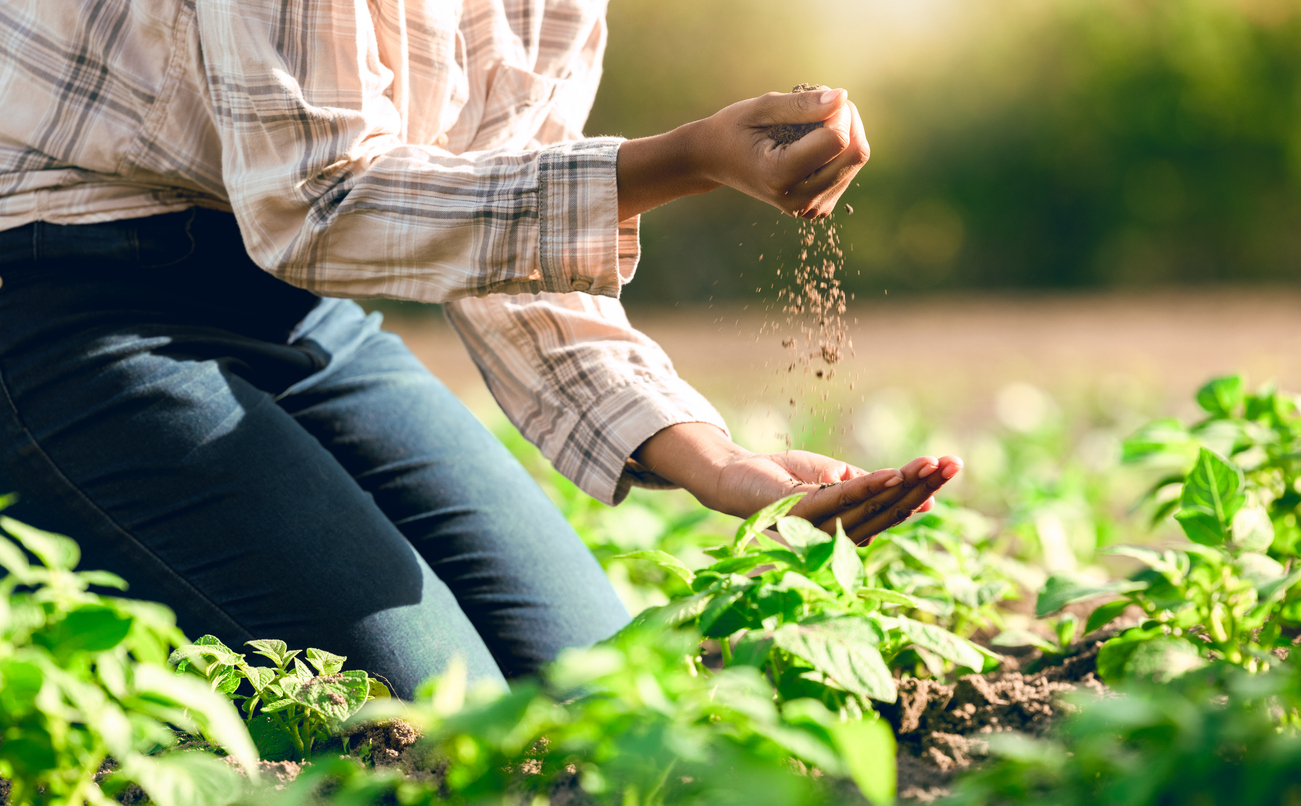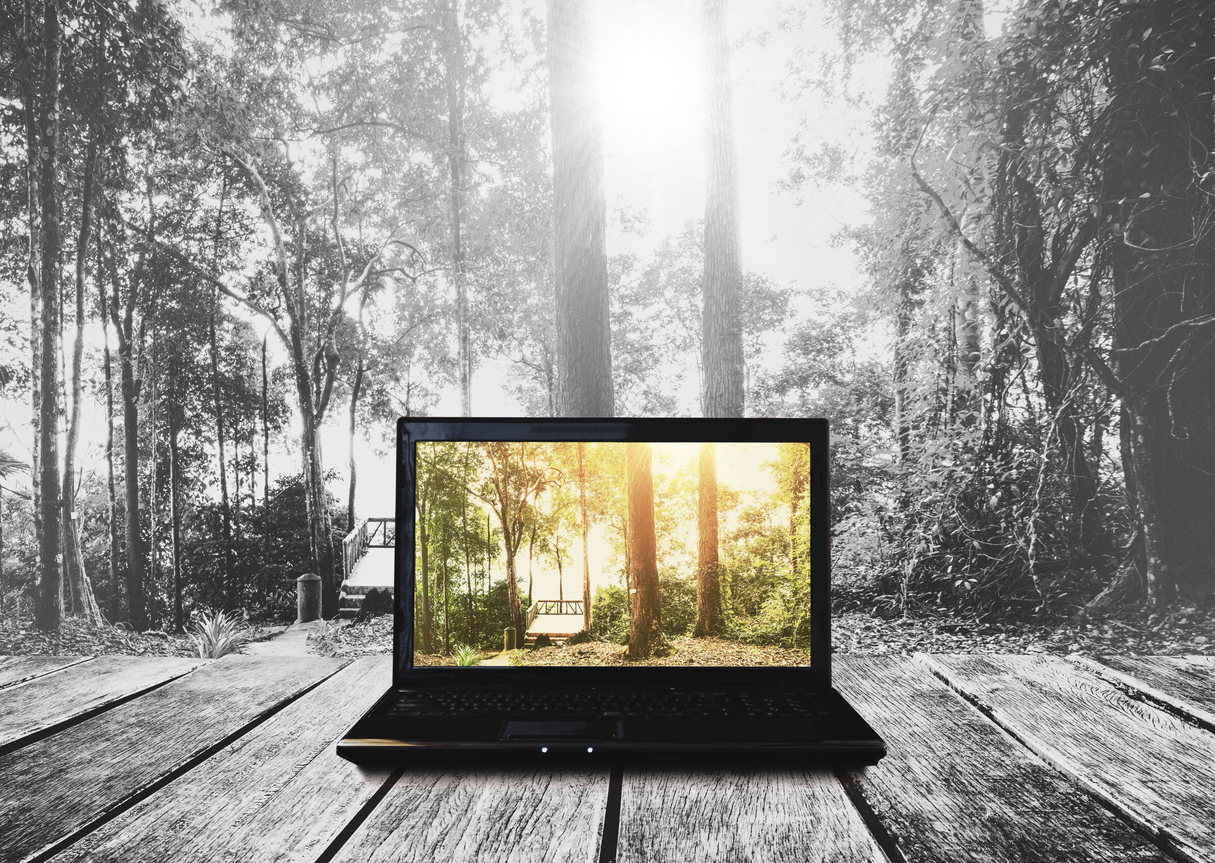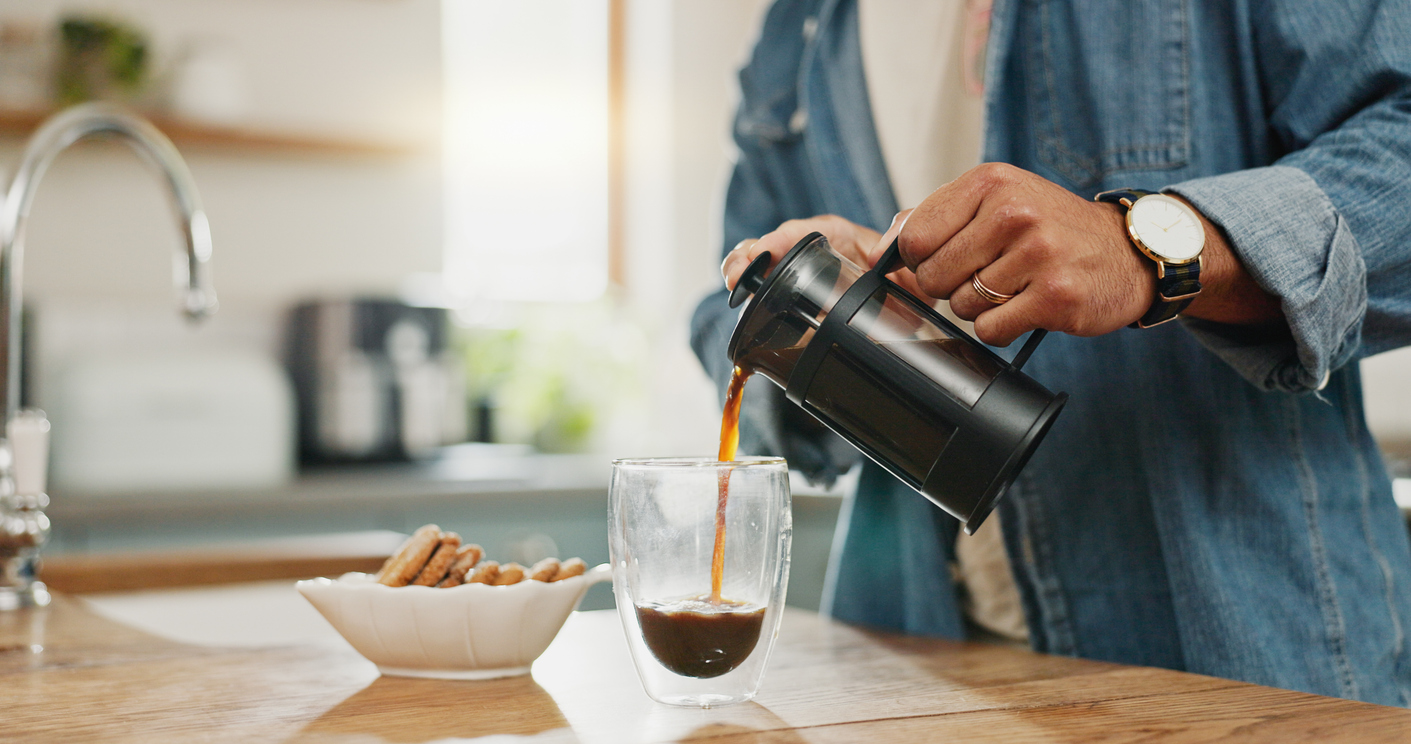
The Tiny Transformer: Bugs That Convert Organic Waste into Sustainable Fertilizer
Landfills are overflowing, while growing populations continue to rapidly generate organic waste. Black soldier fly larvae (BSFL) are the unsung heroes, improving waste management and agricultural systems. These little bugs have garnered interest for their ability to transform organic matter into a biofertilizer called frass. Could these insects be the key to a sustainable food supply and future?
Introducing the Black Soldier Fly Larvae
BSFL are small, but mighty, insects known for eating waste and quickly turning it into frass, aka insect feces. Frass contains essential nutrients and proteins for soil enrichment, making it useful for sustainable agriculture and food security.
In 2024, the U.S. government invested money in expanding fertilizer production. Two initiatives received grants for BSFL exploration. One of the grants went to a California-based project aiming to construct a 179,023-square-foot food waste facility for upcycling. A second project received funds for the construction of two facilities — one in Oregon and the other in North Dakota — each yielding 10,000 tons of BSFL fertilizer annually.
Converting Organic Waste Into Frass
The BSFL’s ability to convert organic waste into nutrient-dense frass is impressive. The larvae are ravenous feeders, consuming four times their weight in organic matter and reducing waste by 50%.
This process occurs more quickly and efficiently than traditional composting methods. BSFL waste conversion uses less land and resources, doesn’t produce methane gas and is harvestable in under three weeks — unlike the average six to 12 months needed for conventional approaches.
BSFL ingests organic waste and breaks it down with their mandibles. Digestive enzymes then digest it further before the larvae excrete the material as frass. Frass contains ample phosphorus, nitrogen and potassium — essential nutrients in biofertilizers for soil and plant health.
Benefits of Using Nutrient-Rich Biofertilizer
Healthy soil is the essence of life. Biodiversity, clean water, climate regulation and food security all depend on its nutrition density. The use of biofertilizers — like frass — offers endless benefits. Frass nutrients enhance soil structure, improving water retention and aeration for optimal root development.
Frass also helps to reduce pests and pathogens commonly found in soil, allowing you to avoid using chemical pesticides and herbicides. It also boosts microbial activity for flourishing plants.
BSFL organic matter processing is even more potent with horse manure. Horses need to forage at least 1%-2% of their weight prior to digestion. It takes 45-72 minutes for food to pass through their systems. The excrement from horses and other animals with a predominately natural diet already contains high nutrient levels, which BSFL enhances.
You can create more sustainable waste management by integrating BSFL into your organic waste processing. These transformer bugs are efficient at converting materials with few emissions, helping you reduce your environmental impact.
Applications and Impact
Global food security is a growing concern as the population continues to rise and the impacts of climate change worsen. Producing enough crops to sustain everyone requires eco-friendly farming practices and excellent soil fertility.
Sustainable agriculture isn’t just for rural areas. You can witness its adoption in cities like Atlanta, where more than 150 cooperative gardens and 50 city farms have significantly improved food systems.
Generally, biofertilizers create more resilient plants, increase nutrient availability and uptake, enhance productivity, and boost naturally occurring plant growth hormones. Biofertilizers, like frass, increase crop yields by 10%-40% by generating higher concentrations of proteins, amino acids, vitamins and nitrogen fixation.
Frass is ideal for urban farming. Its rapid processing is straightforward, diverting landfill waste and creating nutrient-rich soil for your garden. Compared to traditional fertilizers, frass reduces chemical runoff and protects vital water sources from contamination and harmful algal blooms. It also safeguards beneficial insects and soil organisms in support of natural ecosystems.
Setting Up a BSFL Composting System
Using a BSFL composting system at home will help you reduce food waste and enrich your garden’s soil for thriving plants. Follow these simple steps to get started.
1. Find the Best Container and Location
The best container for BSFL composting is one with sufficient ventilation and drainage to avoid stagnation and moisture buildup. It should also be spacious enough to hold the amount of organic waste you intend to add. Situate it in a shady area to avoid direct sunlight and provide better temperature control for the larvae.
2. Source BSFL Responsibly
Always source BSFL from reputable suppliers to ensure you have a healthy colony in your composting system. These suppliers provide healthy larvae without susceptibilities to diseases and genetic abnormalities. It’s best to purchase smaller batches to start. You can then grow the colony over time.
3. Use Sufficient Organic Matter
Just like humans, BSFL requires a balanced diet of produce scraps to sustain their growth and productivity. The food supply should be consistent, especially because the larvae are so efficient in converting waste to soil. Just be sure to avoid highly acidic or salty food, as this may harm the bugs.
4. Monitor the Conditions Regularly
Maintaining optimal conditions for BSFL is critical for composting. Although the species can tolerate 15-47 degrees Celsius — 59-116 degrees Fahrenheit — they have the highest survival rate at 27-30 C, or 80-86 F.
In addition to maintaining ideal temperatures, it’s important to adjust moisture levels to avoid saturation or dryness. A lid will also thwart pests and protect the larvae from external harm.
5. Keep it Clean
BSFL might be creating dirt from organic waste, but it’s crucial to keep the compost container clean to protect the bugs’ health. Otherwise, harmful bacteria could form. Always use eco-friendly cleaning products to avoid contaminating or disrupting the process. A brush or sponge will help you remove stubborn debris.
Beneficial Bugs Create the Most Sustainable Soil
BSFL could be the answer to today’s growing agricultural and waste management issues, as many sectors are looking for and incorporating more sustainable methods. Growers must maintain fertile soil for greater crop yields if they hope to maintain food security. You can do your part by converting organic waste into healthy soil for your garden.



Post a comment